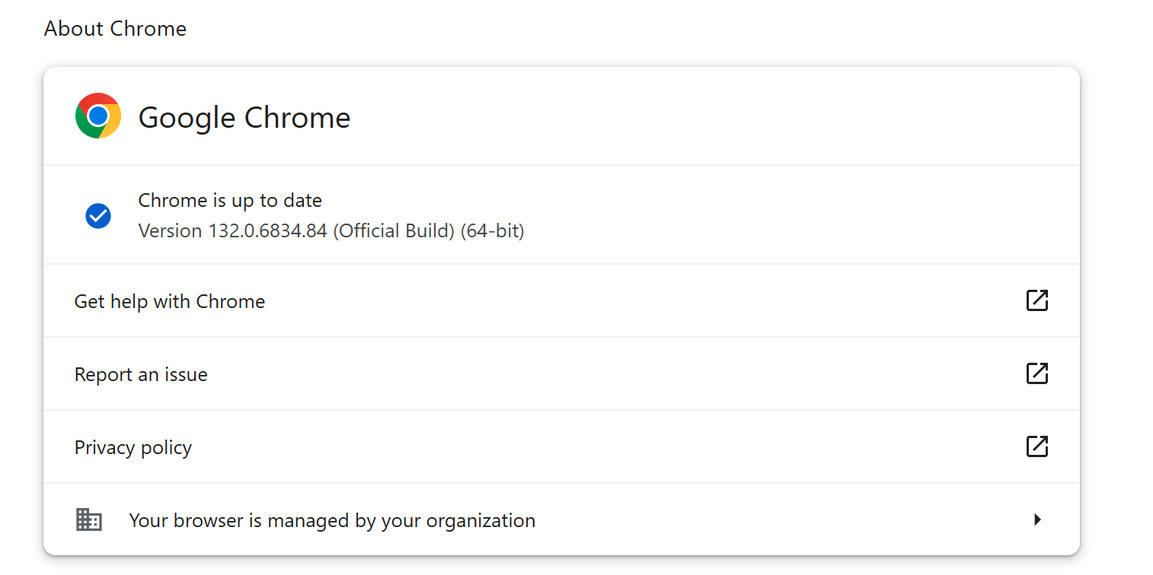
The Chrome team has rolled out Chrome 132 to the stable channel, offering critical updates for Windows, Mac, and Linux platforms. The new version, Chrome 132.0.6834.83 (Linux) and 132.0.6834.83/84 (Windows, Mac), will be gradually available over the coming days and weeks. This update includes significant security enhancements and resolves 16 vulnerabilities.
A number of high-severity vulnerabilities were tackled in this release, including:
- Memory Access Bugs: CVE-2025-0434 addressed an out-of-bounds memory access issue in V8, the JavaScript engine that powers Chrome. This type of vulnerability can potentially lead to crashes or even allow attackers to execute arbitrary code.
- Navigation and Implementation Flaws: CVE-2025-0435 and CVE-2025-0437 tackled issues in Navigation and Metrics, components crucial for how Chrome handles web pages and user interactions. Exploiting such flaws could lead to unexpected behavior or data exposure.
- Integer Overflow in Skia (CVE-2025-0436): Skia, the graphics engine used by Chrome, had an integer overflow vulnerability that could potentially be exploited for malicious purposes.
- Stack Buffer Overflow in Tracing (CVE-2025-0438): This vulnerability in the Tracing component, used for performance analysis, could be leveraged to cause crashes or potentially execute malicious code.
In addition to the high-severity issues, the update also includes fixes for medium and low-severity vulnerabilities affecting various components, including Frames, Fullscreen, Fenced Frames, Payments, Extensions, Navigation, and Compositing. These fixes address issues like race conditions, inappropriate implementations, insufficient data validation, and more.
To ensure you’re protected from potential threats, it’s crucial to update your Chrome browser to the latest version (132.0.6834.83/84) as soon as it becomes available. Chrome typically updates automatically, but you can manually check for updates by navigating to Help > About Google Chrome.